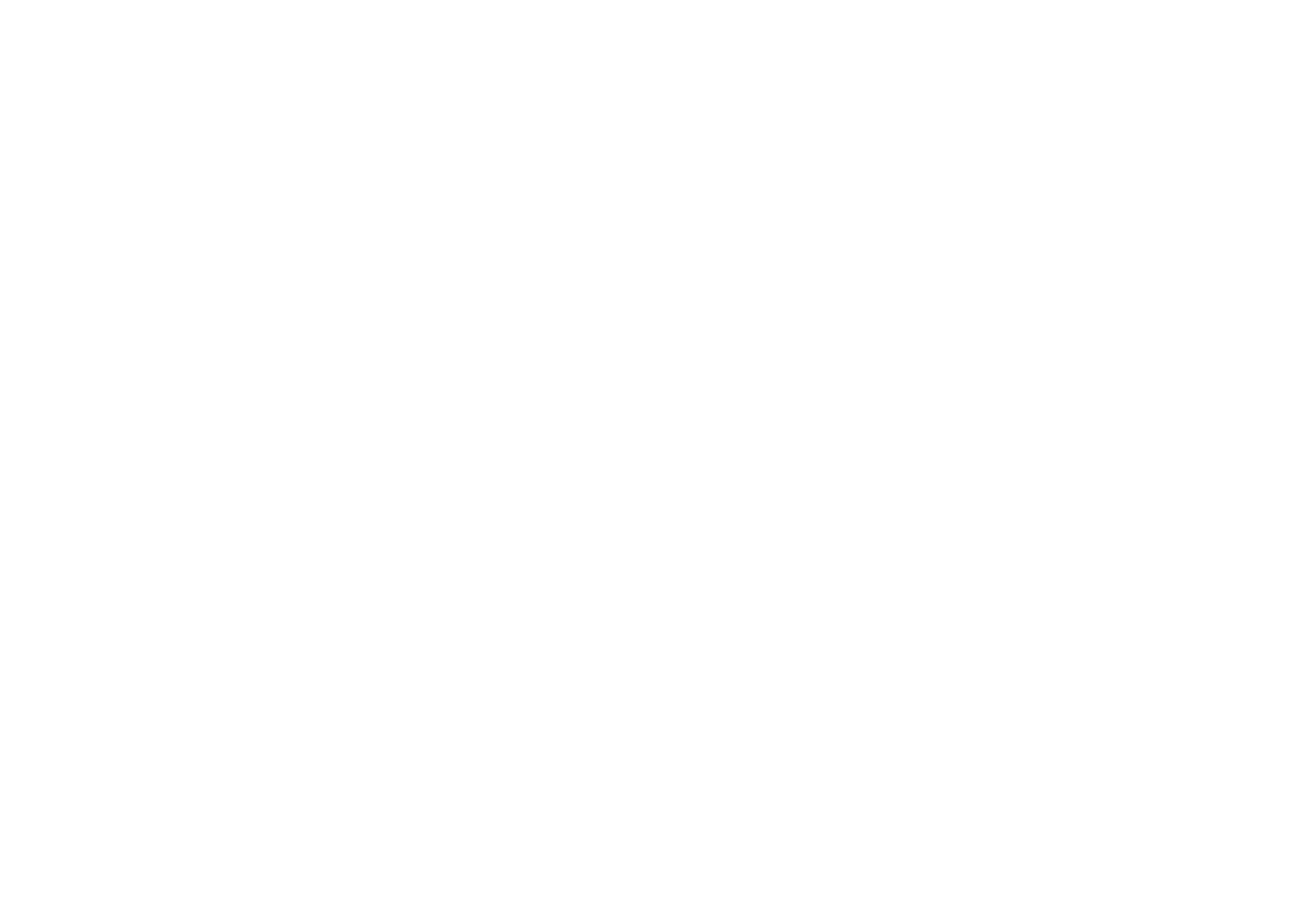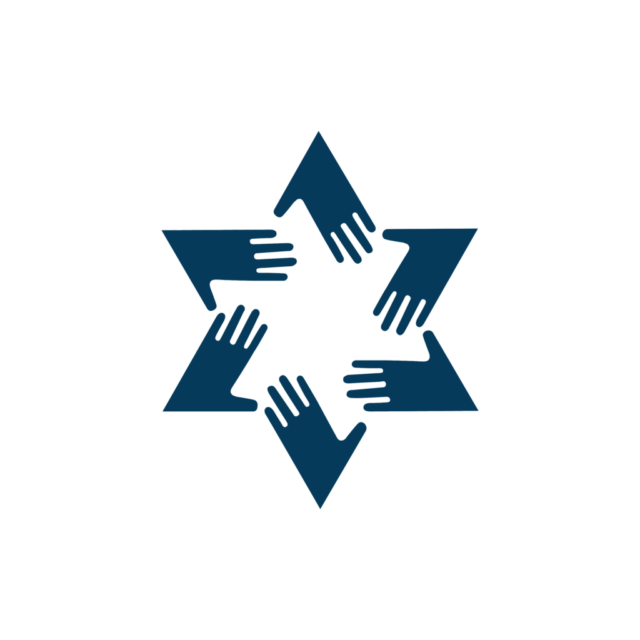By Rabbi Joel Mosbacher
I am so thrilled to welcome to Shaaray Tefila 7 students from the Hebrew Union College-Jewish Institute of Religion. They are all in their 4th and 5th years of the 5 year program. The College Institute each year invites a New York area synagogue to host them for a weekend of learning about outreach and inclusion, about engagement, and we are all so honored that their teacher, Rabbi Darcie Krystal, asked Shaaray Tefila to host them this year – I think the first time we’ve been invited in this way. They came around noon today, and through havdalah tomorrow, they will be spending time with members of our professional staff and lay leaders, learning about how we work as a synagogue. Cantor Kipnis, Rabbi Reines, Leah Shafritz and I all look forward to being their colleagues in a short while. I hope that all of you will make them feel our warm Shaaray Tefila embrace – in doing so, you are playing your part in helping to raise the next generation of the leaders of the Jewish people! Welcome to you all!
Their presence here this weekend got me thinking about outreach and inclusion in the life of our synagogue. So I did what rabbis do when they’re looking for inspiration; I looked at this week’s Torah portion. Now, our main teacher of Torah for this weekend is Melanie; I invite you to come back tomorrow morning to hear her brilliant teaching on P’kudei. She’s spent months preparing for it – I promise it’s better than anything I could possibly offer. But I found a text in the portion that perplexed me, and I thought we could tease it out together tonight.
In the portion, which speaks of the completion of the mishkan, the temporary dwelling place that we Israelites worshipped at while we were wandering in the wilderness, the book of Exodus teaches that “Moses could not enter the mishkan, because the cloud had settled on the tent, and the presence of God had filled it.” What in the world does that mean – Moses couldn’t enter the mishkan? If not Moses, then who? If he couldn’t enter what the text calls the tent of meeting, then who was the meeting place for?
Elsewhere, of course, the Torah tells us that Moses does enter the tent. So something is going on in this particular place in the text. But what is that?
Abraham ben Meir Ibn Ezra from Tudela, Spain, one of the most distinguished Jewish biblical commentators and philosophers of the Middle Ages, notes how strange this text is. Wasn’t Moses the one who put all of the ritual items in the tent in the first place? Wasn’t he the one who would have largely been in charge of making sure the ark and all of the coverings and materials were in the right spot in the tent when the Israelites encamped, and wouldn’t he have supervised their dismantling when they broke camp to travel on? Surely the text musn’t mean that Moses wasn’t able to enter the tent at all, Ibn Ezra said; we know from other places in the Torah that he entered it. What Ibn Ezra concludes is that what must be meant here is that Moses needed to wait to be summoned to the tent before he entered. In this moment – when the mishkan, the meeting place for God, was dedicated, the great Moses, our rabbi, our teacher needed to wait, to remain outside.
Who are we? What is the makeup of the community that fills this sacred space? Each of us has impressions of the people who make up the incredible Shaaray Tefila congregation. We can also sometimes believe that we are a monolithic community, falsely believing that either we all are the same, or that we all need to be the same if we are to share this sacred space.
We are regulars – we are here every week. We want to fill this space with familiar tunes and the familiar rhythms of worship and programming, and we want to feel known to and known by each other. We want to know: if things change and shift here, will there be room for us in this mishkan we know so well?
We are newcomers – we have no idea what’s happening in this space or literally what page we’re on, and we want to feel warmly welcomed by patient people who will embrace us. If we have children, we want our children to feel welcome, even if they squeak during services. We want to know if there is room for us in this mishkan that is new to us.
We are Jewish. We have been Jewish our whole lives. We grew up in a Reform congregation. We grew up in a Conservative congregation. We grew up in an Orthodox congregation. We went to Jewish summer camp. We’ve been to Israel. We practice Judaism regularly. We want to to fill this space with holiness and warmth. We have a Jewish mother. Or we have a Jewish father. Or we have two Jewish parents. We want to know what kind of mishkan this is, and if there is room for us.
We are not Jewish. We are in the process of conversion. We are not in the process of conversion and don’t intend to be. We don’t have Jewish memories. We don’t read Hebrew. We don’t know when to sit or stand or bow. We feel like we stick out, or that we’ll be “found out”. We ironically sometimes feel like we’re the ones making sure our Jewish spouses and Jewish children are getting immersed and educated in Judaism. We want to know if there is space for us in this mishkan.
We voted Republican in the last election. We voted Democratic. We voted independent. We didn’t vote. We support Israel, right or wrong. We love Israel, and we ask hard questions when we don’t agree with what her government does. We’re just plain critical of Israel. We are not sure what to make of Israel. We want to know: is there room for us in this mishkan?
In this synagogue, we are white. We are people of color. We are of Ashkenazic descent. We are of Sephardic descent. We are of Mizrachi descent. We haven’t done 23 and Me and we don’t know of what descent we are. We just want to know: is there room in this mishkan?
Some of us wear contact lenses; some of us have hearing aids; some of us need help walking; some of us have us have challenges you can see, and others of us have challenges you can’t see. All we want to know is: is there room for us in this mishkan?
We identify as female. We identify as male. We are gender fluid. Our pronouns are she/her/hers. Our pronouns are he/him/his. Our pronouns are they/them/theirs. We are straight. We are gay. We are lesbian. We are bisexual. We are transgender. We are queer. We are questioning. We are intersex. We are asexual. We all wonder: is there space for us in this mishkan?
The short answer is: yes, there is space. The right answer is: yes, there is room for all.
But the short and right answer isn’t the one we always or automatically or naturally live out.
We all make judgements – we all do. We all have biases – spoken or unspoken.
There are no more priests; they were the ones who were tasked with ensuring the sanctity and survival of the mishkan of old. They are no more. Now, it’s up to us, and our Shaaray Tefila. The very name of our congregation means “Gates of Prayer.” And it is upon each of us – all of us – to determine – how wide will these gates be open.
Our answer to that, individually and as a community, will be the decisive factor in how much space people feel there is for them in this sacred congregation.
Is there enough physical space? Of course there is. Despite the good crowd at services tonight, in our schools, in our classes and programs, we’ve got physical space for many more people to be a part of what we do and are trying to become. That’s not the question. The question is: are we doing everything we can, individually and collectively, to make sure there is psychic and spiritual space for every person? I think that we at Shaaray Tefila do a better job than most at that, and we should be proud of that. And yet, there are still moments when I wonder if we are each doing all that we can to make sure that we are not taking up so much space that the message we’re sending is that there’s not enough room for anyone else.
If we welcome diversity in all of its forms, then the cloud will lift and all will feel welcome. If we treat each human being that enters these gates as if they were created in the image of God, it will actually feel like there is room for all.

